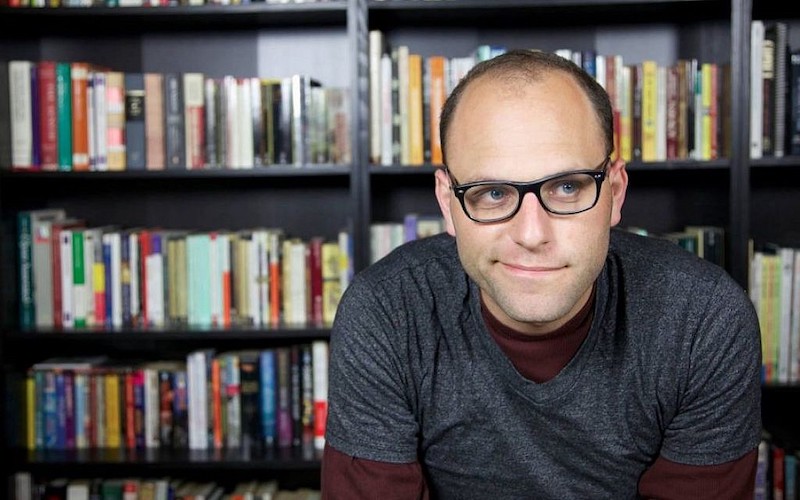
The genre of adult animation is one that consistently struggles to appeal to all demographics – it’s perceived to be too adult for children, yet too low-brow and immature for adults. This makes it difficult for the work to find a large audience, causing many shows to be cancelled in their infancy.
Some shows have risen above this perception and become incredibly popular, such as controversial favourites like Family Guy and South Park, as well Rick and Morty. However, in recent years, just two shows of this genre have emerged as true game-changers: Bojack Horseman and Undone, both of which were created by one Raphael Bob-Waksberg.
Bojack Horseman ran from August 2014 to January 2020 on Netflix but never quite became one of the streaming service’s mainstays, unlike popular counterparts Ozark and Stranger Things. Nevertheless, it went on to receive near-universal critical acclaim.
The show features the voice-acting talent of Will Arnett as the eponymous character, alongside Amy Sedaris, Alison Brie and Aaron Paul, and is set in a world where anthropomorphic animals and humans live side-by-side. It centres on a depressed, washed-up, alcoholic horse who once starred in a famous sitcom.
The show is as eccentric as you would expect, given that within it animals embody human-like tendencies, and while it initially struggled to settle into a genre, as many animated shows do, it has since soared and become one of Netflix’s greatest animated shows.
Bojack Horseman tackles weighty themes such as addiction, alcoholism, child abuse, depression, celebrity culture and self-destructive behaviour in a wise and original fashion while still losing none of its quirky humour and oddball charm. The show’s portrayal of modern day Hollywood rivals Mad Men’s portrayal of the 1960s advertising world, and its titular anti-hero is as richly drawn as anything television has to offer. I have no doubt that in time Bojack Horseman will come to be seen as one of television’s greats.
Undone, which began its first season in September 2019, stars Rosa Salazar and was created by Bob-Waksberg along with Kate Purdy, who wrote five episodes of the aforementioned Bojack Horseman. The show deviates from Bob-Waksberg’s other work in terms of tone and subject matter.
The plot centres on a young woman named Alma who lost her father at a young age. Following a car crash, she discovers that she has a new relationship with time and uses this to discover the truth about her father’s death and possibly prevent it. By observing her navigation of this strange new skill, the viewer gains a greater understanding of how her past has shaped the person she is in the present.
Bob-Waksberg and Purdy combine motion capture with rotoscoping technology to make every episode feel surreal and grounded all at once. While the science of the series can be difficult to wrap one’s head around, the care with which Bob-Waksberg and Purdy craft their characters and onscreen relationships is more than enough to keep viewers invested.
The labour intensive process required to rotoscope a series definitely pays off in these visually poetic and emotionally resonant eight episodes, which will cause viewers to reflect upon the nature of existence and reality. In November 2019, the show was renewed for a second season, and although the release date remains unknown, I have every confidence that Bob-Waksberg and Purdy will blow us away again.
Although the world of adult animation is a difficult and nuanced one to navigate, Bob-Waksberg has established himself as a defining presence in the genre, and continues to impress audiences with his unique and groundbreaking work.






